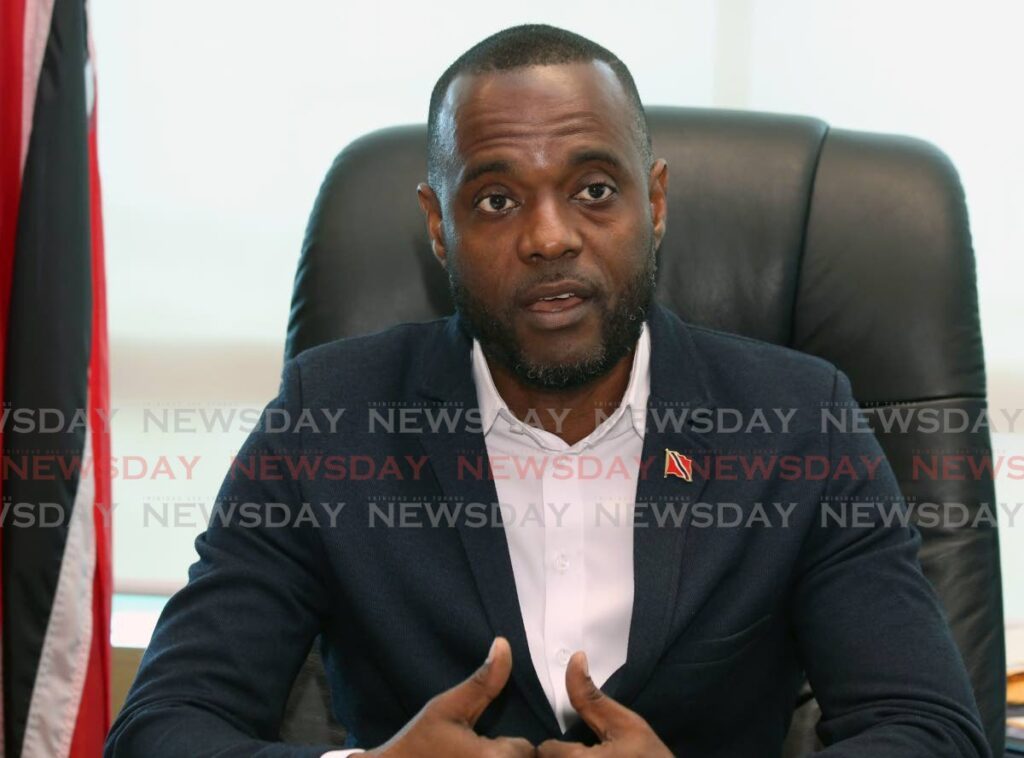Diluted water quality

As he outlined WASA’s plan to deal with recent water shortfalls, Marvin Gonzales last month said he had given instructions for the authority to “ramp up” water-trucking.
“WASA’s water-trucking fleet and resources comprise of private operators as well as WASA’s own internal fleet,” the Minister of Public Utilities said on March 6 in Parliament, in response to questions from Barry Padarath, Princes Town MP.
“Over the next two months a number of private water-truckers will be brought within WASA’s operations.”
However, by March 31, WASA was warning people to be wary of private truckers who have been supplying customers with unsafe and untreated water in southwest Trinidad, after filling up at the authority’s wellfields in Siparia, Scott’s Road, and Morne Diablo.
That alert was limited to specific areas; but it has implications for water-trucking all over the country. It all raises the question: How safe is truck-borne water? In fact, how reliable are WASA’s testing systems generally?
Time after time, we are told the quality of our water is on par with international standards, sometimes in defiance of common sense.
Even when water as brown as mauby has flowed through taps, officials have assured us it is safe to drink.
WASA has often blamed such discoloration on pipeline scouring or valve operations. It has routinely insisted such water remains potable, and once referred to the matter as one involving mere “aesthetic quality.”
In 2015, however, WASA had to shut down major facilities when consumers noticed a petroleum-like smell coming from their taps.
Several investigations were launched, and the matter was traced to apparent oil contamination upriver of the Caroni Water Treatment Plant. After this incident, Ganga Singh, then Minister of Environment and Water Resources, audaciously claimed the water supply passed World Health Organization standards.
Mr Gonzales has recently spoken out about various reports of water-truck rackets, involving people who turn off water supplies to blackmail communities into buying water.
Such reports are familiar. They join the “sabotage” often blamed, under successive administrations, for various WASA failings.
But if there are corrupt turncocks and if water trucks are illicitly tapping into state facilities, such matters suggest WASA’s security has serious gaps. That’s entirely WASA’s fault.
Even if we take for granted that water provided by the authority is completely safe, given controls in place, there is still the issue of what degree of regulation applies to water trucks, whether private or public.
Is any testing ever done after water is collected from the source? What guidelines are in place for truck owners or drivers?
In the absence of any significant infrastructure project to increase the water supply, these issues are only set to become more pressing as WASA scrambles to keep up with the effects of extreme weather conditions.

Comments
"Diluted water quality"